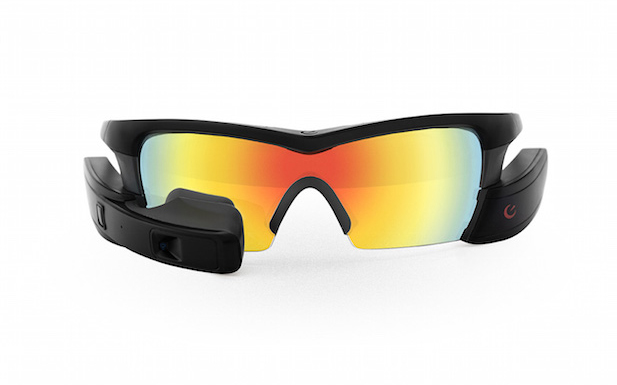The enterprise sector will be the area that will drive sales of augmented reality and wearable products in the short term, new research has claimed, with manufacturing, logistics, healthcare and retail seen as the most promising markets.
M2M specialists Beecham Research said business applications will lead the market during the next five years, with augmented reality offering companies a way for employees to access information with a greater depth of control.
It said enterprises were embracing both AR and wearable tech, for example in head up displays using in manufacturing to support intricate processes, collaborative design and developing prototype. Other uses include enabling surgeons to access off-site data while in the operating theatre.
Matthew Duke-Woolley, Market Analyst at Beecham Research and author of the report, said: “It is clear that the overall status of the enterprise market for AR and wearable technology is at a tipping point, moving from trials and testbed projects to real commercial deployments. While it is still questionable to provide a firm forecast, if this speed of transition accelerates as companies quickly recognise the benefits and return on investment, we believe the market can reach just under $800 million by 2020.”
The augmented reality space has been subject to recent acquisitions including Apple’s purchase of Metaio and Facebook’s takeover of Surreal Vision.
Saverio Romeo, Principal Analyst at Beecham Research, said: “Current human-computer interfaces in mobile computing are primarily based around touchscreens, but AR along with WT offers a hands-free computing environment enabling greater interaction with information and the user’s surroundings.
“We expect to see rapid evolution of smart glasses with more miniaturisation, better field of view and battery life, while there will also be increasing attention on the convergence with virtual reality (VR) technology and the Internet of Things to deliver competitive advantage. Collaboration with AR/VR and IoT players will be crucial.”


